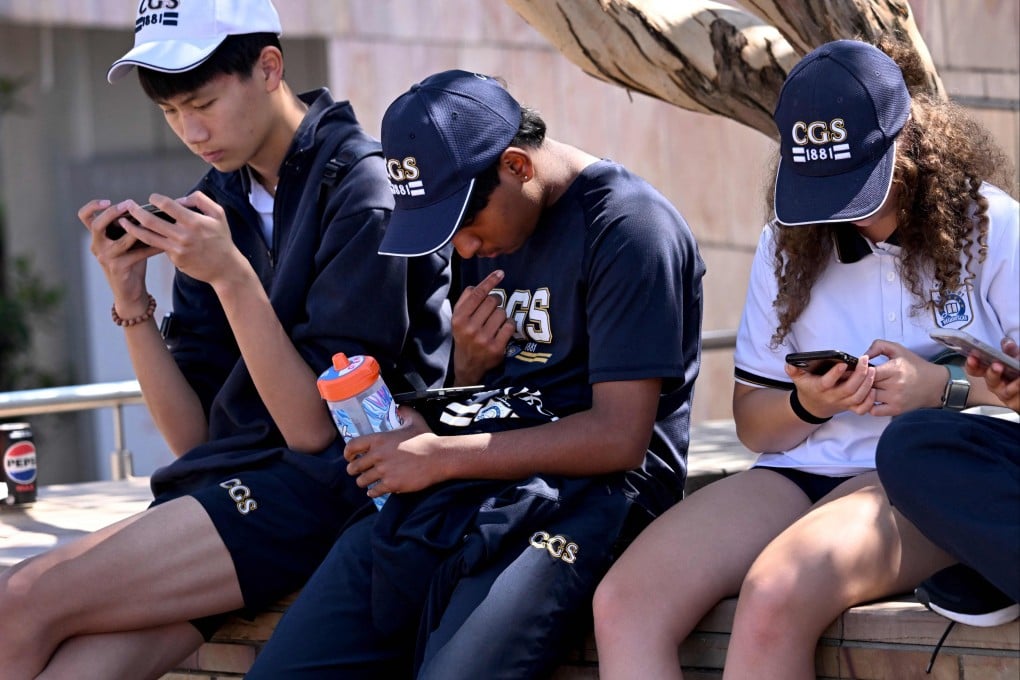Australia’s bold experiment to ban under-16s from TikTok, Snapchat and Instagram – will it work elsewhere?
While experts applaud the initiative to protect children from online harm, there are also concerns over its effectiveness and enforcement

It is an ambitious social experiment of our moment in history, one that experts say could accomplish something that parents, schools and other governments have attempted with varying degrees of success: keeping kids off social media until they turn 16.
Australia’s new law, approved by its parliament last week, is an attempt to swim against many tides of modern life – formidable forces like technology, marketing, globalisation and, of course, the iron will of a teenager. And like efforts of the past to protect kids from things that parents believe they’re not ready for, the nation’s move is both ambitious and not exactly simple, particularly in a world where young people are often shaped, defined and judged by the online company they keep.

The ban won’t go into effect for another year. But how will Australia be able to enforce it? That’s not clear, nor will it be easy. TikTok, Snapchat and Instagram have become so ingrained in young people’s lives that going cold turkey will be difficult.
Other questions loom. Does the ban limit kids’ free expression and – especially for those in vulnerable groups – isolate them and curtail their opportunity to connect with members of their community? And how will social sites verify people’s ages, anyway? Can’t kids just get around such technicalities, as they so often do?
This is, after all, the 21st century, an era when social media is the primary communications tool for most of those born in the past 25 years who, in a fragmented world, seek the common cultures of trends, music and memes. What happens when big swathes of that fall away?
Is Australia’s initiative a good, long-time-coming development that will protect the vulnerable, or could it become a well-meaning experiment with unintended consequences?
